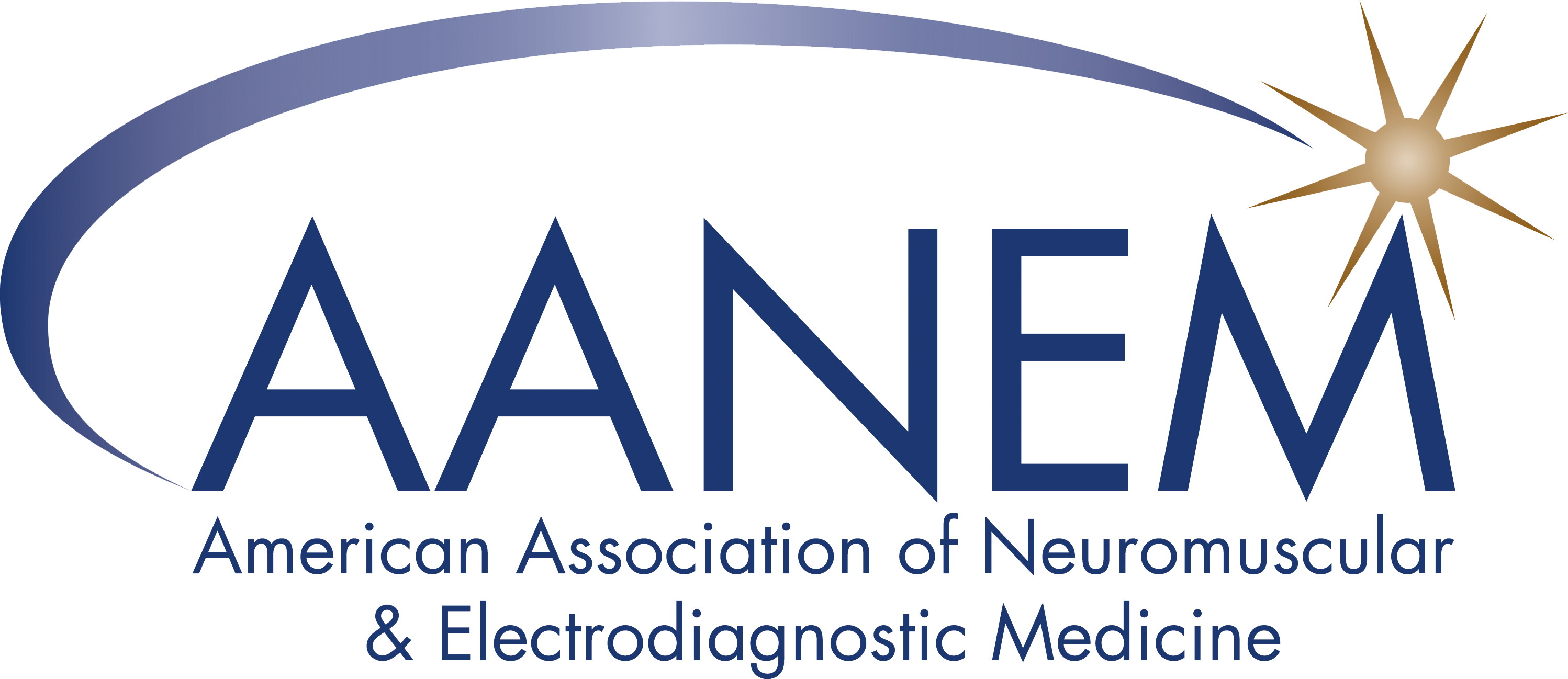AANEM Connect

Join this vibrant community of professionals eager to exchange ideas, share resources, and engage in meaningful discussions. Use this platform as a sounding board to seek advice for navigating challenging cases or career decisions, and receive expert guidance from generous peers who want to help you succeed.
Progressive spinal accessory palsy
I would be grateful for any wisdom or advice on this case as I have found little in the literature. I have a female in her 40s who is otherwise healthy whom I saw for the first time after a 12 month history of insidious 'boring' pain in her right upper trapezius and SCM, with some fasciculation and cramping and then more recenty marked wasting and weakness. No history of neuropathic type pain at onset to support neuralgic amyotrophy and course seems much more protracted that I would expect.
By the time I saw her she has lost essentially all right SCM and trapezius function and I was unable to needle traps on EMG, going straight through it into rhomboid minor when attempted. No sensory symptoms and UL NCS otherwise normal (I confess, I did not attempt NCS of spinal accessory itself). MRI including fine slices through region of jugular foramen, CSF analysis (protein, cells) and CT chest abdomen and pelvis have all been unrevealing.
Are any of the systemic autoimmune diseases prone to picking off the accessory like that? What else do I need to consider? At this stage, feeling rather deflated and will be looking at orthopaedic referral as only means of addressing her poor function and mechanically induced significant pain.
All comments very welcome!
In order to comment on posts and view posts in their entirety, please login with your AANEM member account information.
I enjoy participating in the AANEM Connect Forum for a number of reasons. There are very fundamental questions posed on a frequent basis that cause me to pause and ask myself, ‘Why didn’t I think of that?’ Also, I continue to learn new things when others contribute their thoughts and experiences. Connect is an excellent opportunity for members to interact and to address any topic, including those that may not be discussed at an annual meeting or journal article.
Daniel Dumitru, MD, PhD
